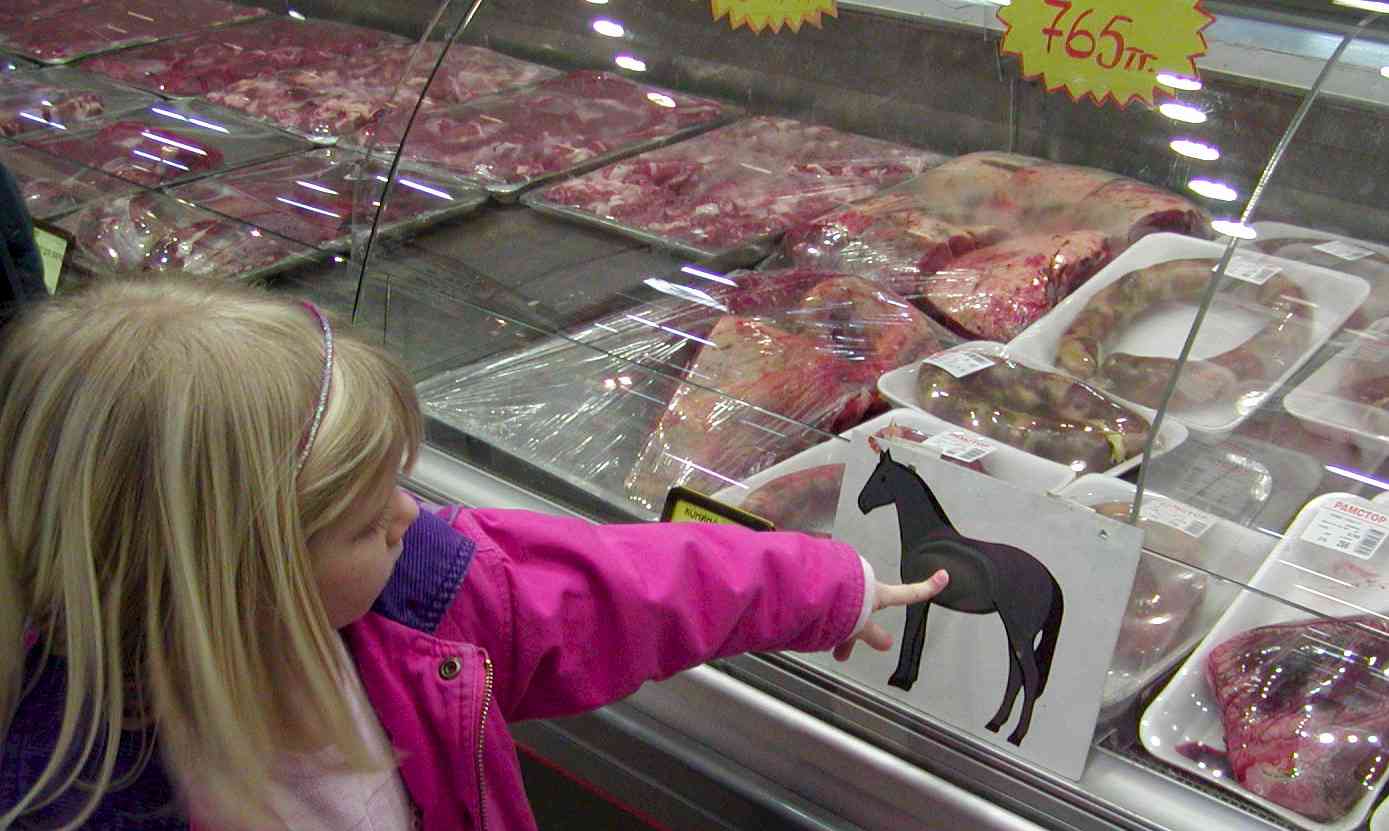Growing up in late-1960s suburbia, I had a turtle.
 Turtles were inexpensive, popular, and low maintenance, with an array of groovy pre-molded plastic housing designs to choose from. Invariably they would escape, only to be found days later behind the couch along with the skeleton of the class bunny my younger sister brought home from kindergarten one weekend.
Turtles were inexpensive, popular, and low maintenance, with an array of groovy pre-molded plastic housing designs to choose from. Invariably they would escape, only to be found days later behind the couch along with the skeleton of the class bunny my younger sister brought home from kindergarten one weekend.
But eventually, replacement turtles became harder to come by. Reports started surfacing that people with pet turtles were getting sick. In 1975, the U.S. Food and Drug Administration (FDA) banned commercial distribution of turtles less than 4 inches in length, and it has been estimated that the FDA ban prevents some 100,000 cases of salmonellosis among children each year.
Maybe I got sick from my turtle.
Maybe I picked up my turtle, rolled around on the carpet with it, pet it a bit, and then stuck my finger in my mouth. Maybe in my emotionally vacant adolescence I kissed my turtle. Who can remember?
.jpg) A report that will be published tomorrow in the journal Pediatrics documents how 107 people in 34 states became sick with Salmonella from the small turtles between 2007 and 2008 – including two girls who swam with pet turtles in a backyard pool.
A report that will be published tomorrow in the journal Pediatrics documents how 107 people in 34 states became sick with Salmonella from the small turtles between 2007 and 2008 – including two girls who swam with pet turtles in a backyard pool.
The paper notes that one-third of all patients had to be hospitalized, and in many cases, parents didn’t know turtles could carry salmonella.
Julie Harris, a scientist at the U.S. Centers for Disease Control and Prevention and the report’s lead author said other cases turned up elsewhere, many involving direct contact with turtles, including children kissing turtles or putting them in their mouths.
I’m familiar with that.
David Bergmire-Sweat, a North Carolina epidemiologist who investigated the Union County case, said he’s heard of families letting turtles walk on kitchen surfaces where food is prepared, and babies being bathed in sinks where turtle cages are washed.
.jpg) Veterinarian Mark Mitchell, a University of Illinois zoological medicine professor, has been working with Louisiana turtle farmers in research aimed at raising salmonella-free turtles, says the industry has been unfairly saddled with harsher restrictions than producers of human foods also blamed for recent salmonella outbreaks.
Veterinarian Mark Mitchell, a University of Illinois zoological medicine professor, has been working with Louisiana turtle farmers in research aimed at raising salmonella-free turtles, says the industry has been unfairly saddled with harsher restrictions than producers of human foods also blamed for recent salmonella outbreaks.
Maybe, but people need to eat. They don’t need to kiss turtles.
